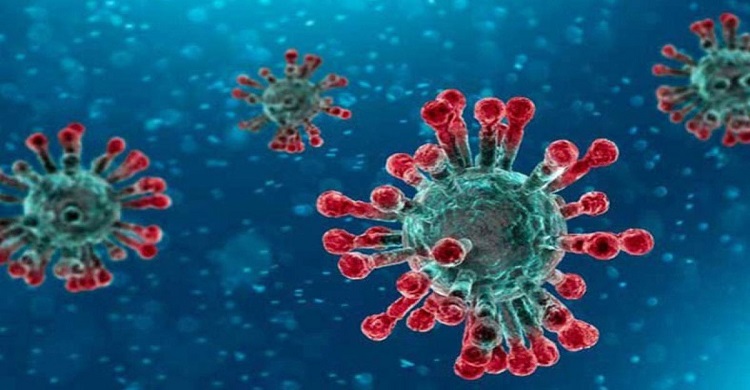
- Health
- Lead News
Researchers of Bangladesh find the first drug treatment for the deadly dengue fever
- Health
- Lead News
- 25 November, 2020 22:09:19
CNI Desk: In a major breakthrough, researchers in Bangladesh have found that an existing medicine called eltrombopag -- used to treat chronic immune thrombocytopenia or chronic hepatitis C infection -- could be repurposed to create the first drug treatment for the deadly dengue fever.
Some 390 million people contract dengue virus globally each year. While most patients experience fever or a mild form of the disease, a small percentage goes on to develop the potentially fatal dengue haemorrhagic fever (DHF), wherein blood leaks from ruptured blood vessels leading to dengue shock syndrome (DSS).
In its experiment, a team of 12 from Dhaka University and Dhaka Medical college administered a small dose (25 mg) of eltrombopag in 101 dengue patients and saw the success of the drug, a release by Dhaka University's biochemistry and molecular biology department said.
Dr. Sajib Chakraborty, Associate Professor of the department, who is also one of the researchers, said, “One of the symptoms of dengue is low blood platelets. But there is a medicine called eltrombopag that increases blood platelets. But it has never been used in dengue. We started research on how it can work in the dengue treatment,”
Novartis, an international pharmaceutical giant, developed the drug in 2008, which was approved by the US Food and Drug Administration (FDA) in 2014. Eltrombopag is mainly used when the platelets are low in liver disease, apart from other ailments.
Dr Chakraborty said, “Since the number of platelets in dengue patients decreases, we have speculated that this medicine may work to increase the platelet count in patients. However, we were not 100% sure. Then we started experimenting with this.”
“We have seen good results in our research,” he said, adding, “About 92% of the dengue patients -- who took eltrombopag -- had their platelet counts returned to normal in eight days. Of those who did not take this medicine, only 55% recovered. As a result, most of the patients are recovering after taking this medication.”
About the side effects of the medicine, Dr. Chakraborty said, “We have also seen whether there is any side effect of the eltrombopag as many platelets can cause damage if they increase. Many times blood can clot. But in the case of patients, (this medicine) did not get anything like that. Only 3% of patients had reported some side effects, such as diarrhea.”
The researchers said it was a second-phase test. However, in order to fully confirm the success of this medicine on dengue, it is necessary to conduct human testing on thousands of people in multiple countries in the third phase.
“The drug has not yet been approved by the World Health Organization (WHO). But if it succeeds in testing on a larger scale like ours, then surely it will be included in the guidelines for the treatment of dengue,” he said.
The study, conducted from October 2019 to February 2020, has been published in ‘The Lancet Journal of Clinical Medicine’. The study was funded by a pharmaceutical company called Incepta Pharmaceuticals of Bangladesh.
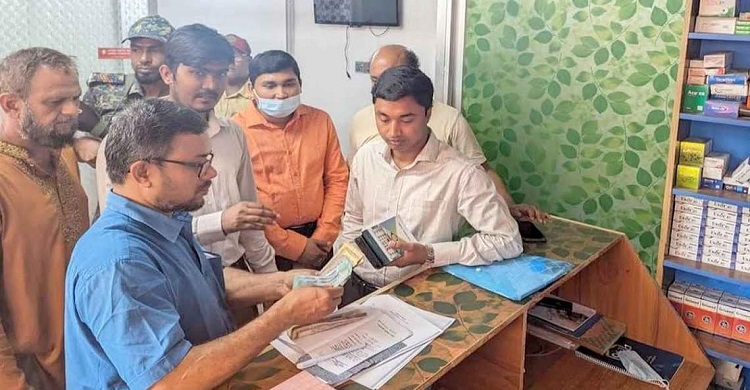
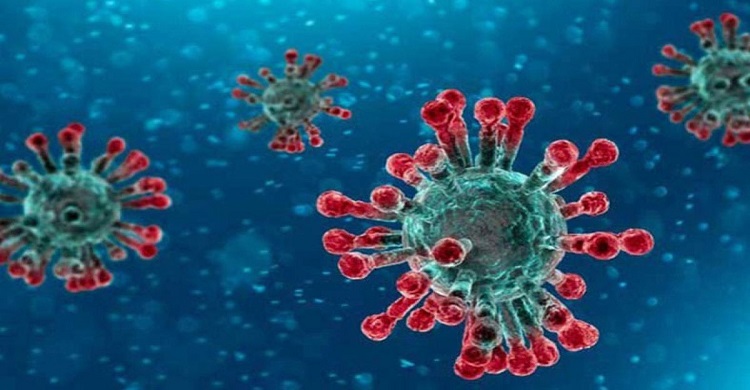
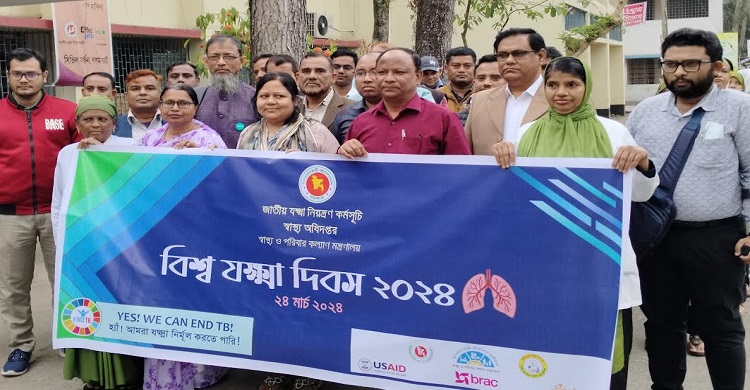
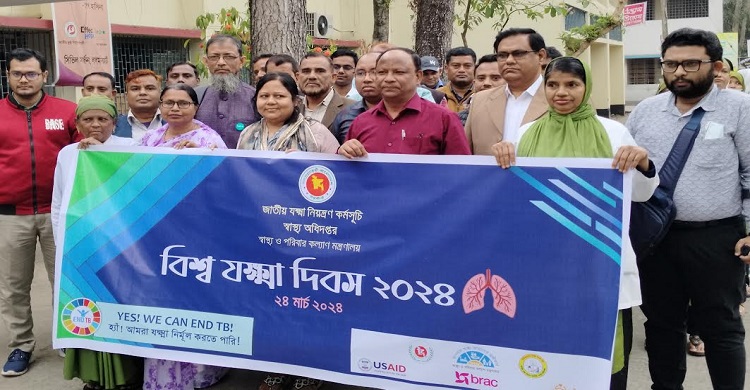
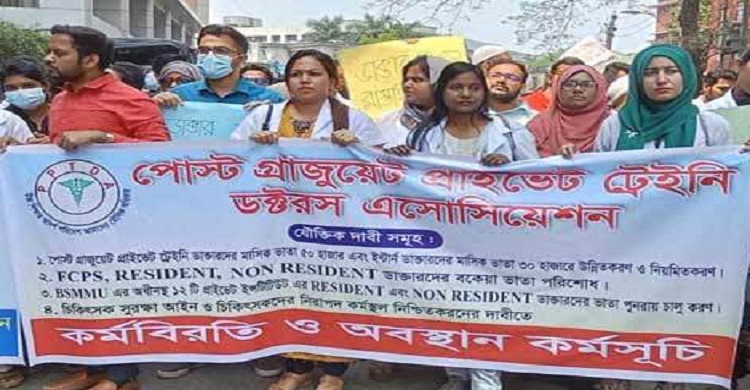
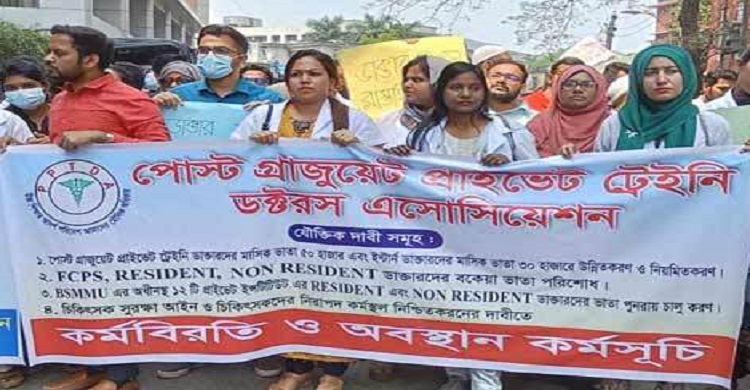
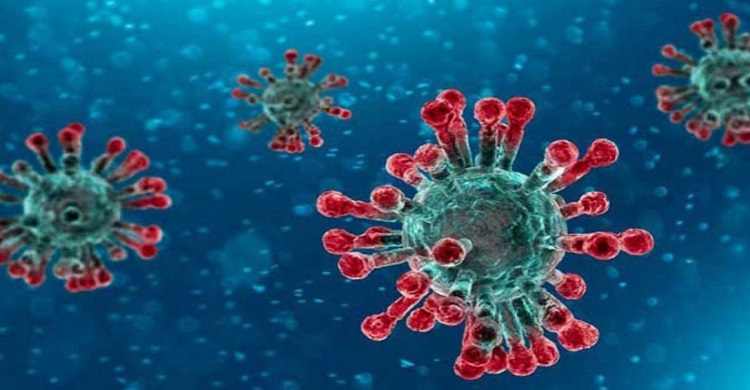
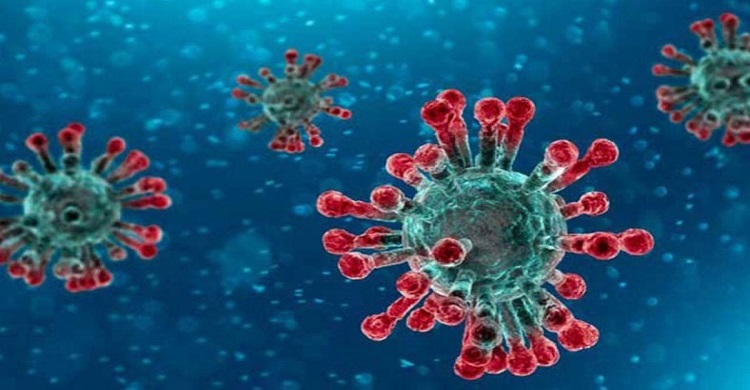
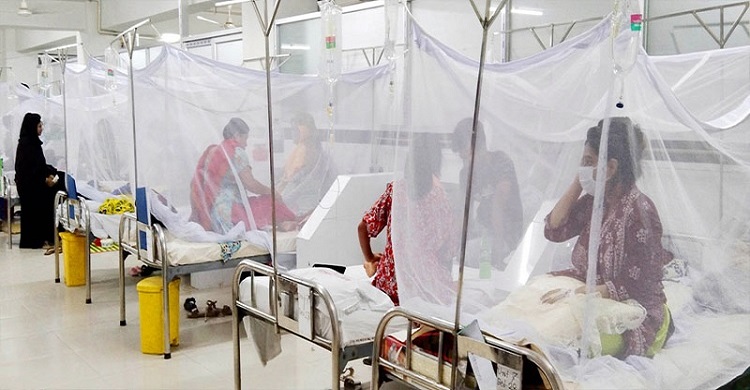
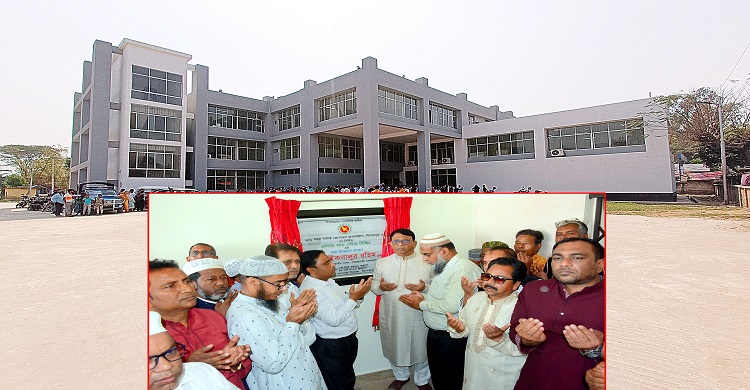
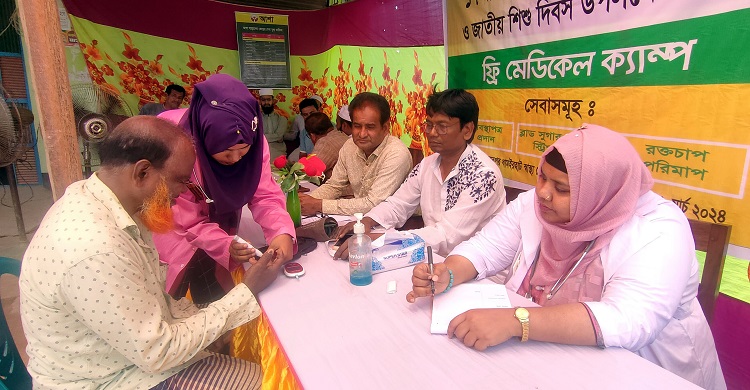




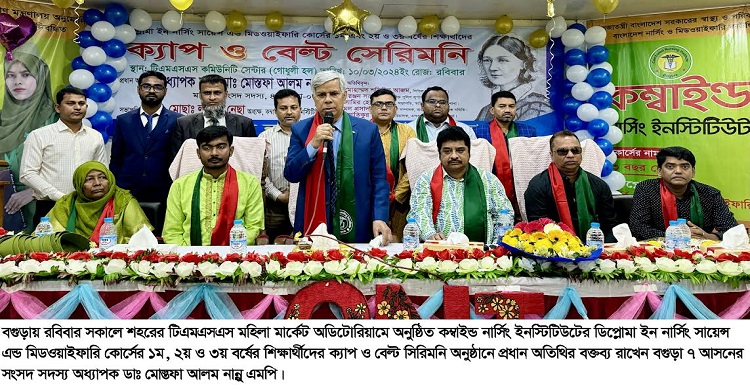
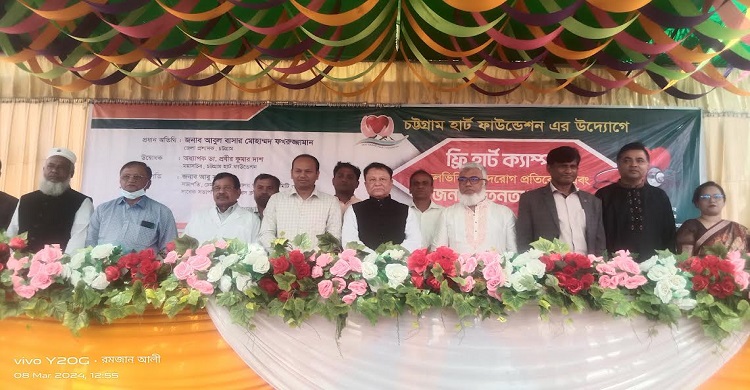

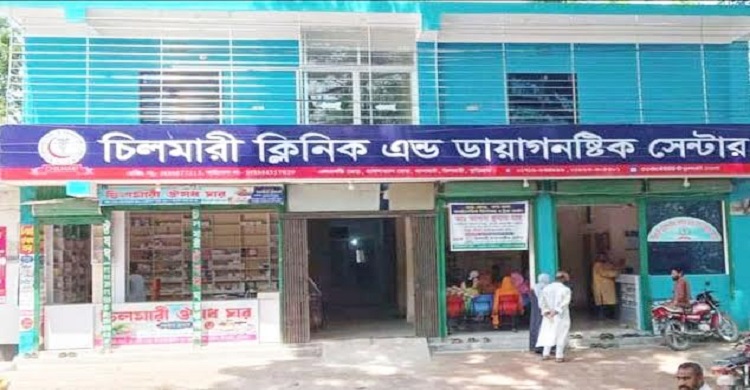



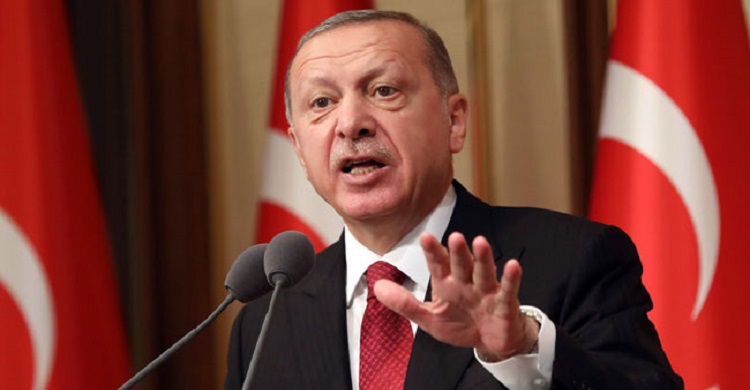





Comment ( 0)